Explore the Best AI Image Gallery
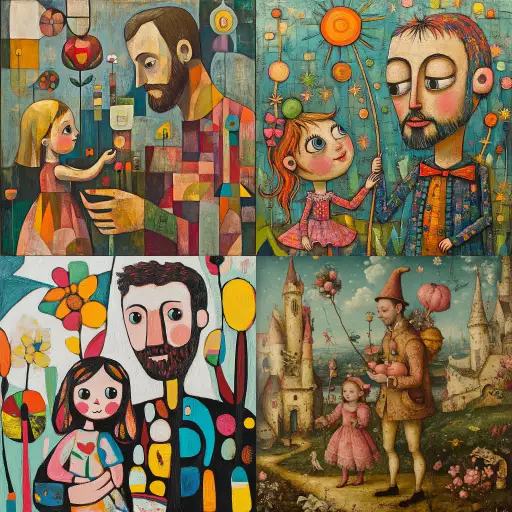
Painted Pixels: How AI Images Are Redefining Marketing
The realm of marketing is undergoing a seismic shift, driven by the emergence of artificial intelligence (AI) and its ability to generate stunningly realistic images. This technology, capable of producing visuals from text prompts, is revolutionizing how brands communicate, engage audiences, and tell their stories.
A Canvas Unleashed: Potential Uses in Marketing
AI image generation offers a plethora of opportunities for marketers across various domains:
- Content Creation on Steroids: AI can produce eye-catching visuals for social media posts, website banners, email campaigns, and marketing collateral, saving time and resources.
- Personalized Marketing at Scale: Imagine generating unique images tailored to individual customer preferences, fostering a more personalized and engaging brand experience.
- Concept Visualization Made Easy: Marketers can leverage AI to quickly visualize product ideas, marketing campaigns, or even entire branding concepts, accelerating the ideation process.
- Enhanced Storytelling Through Imagery: AI can help bring marketing narratives to life with compelling visuals that evoke emotions and resonate with audiences on a deeper level.
The Creative Conundrum: Impact on the Industry
The rise of AI image generation has sparked both excitement and apprehension within the creative industry. While it presents incredible opportunities for efficiency and innovation, concerns remain about its potential impact on human artists and designers:
- Job Displacement Fears: There are anxieties that AI-generated imagery could replace the need for human creatives in certain roles, leading to job losses.
- Copyright and Ownership Issues: Questions arise regarding the ownership and copyright of AI-generated images, especially when they are based on existing artwork or styles.
- The Value of Human Creativity: Its crucial to recognize the irreplaceable value of human creativity, intuition, and emotional intelligence in art and design.
Navigating the Ethical Landscape
As AI image generation becomes more prevalent, it is imperative to address the ethical considerations associated with this technology:
- Bias and Representation: AI algorithms can perpetuate existing biases present in the data they are trained on, leading to unfair or discriminatory representations.
- Transparency and Explainability: Its important to understand how AI models generate images and ensure transparency in their decision-making processes.
- Responsible Use and Governance: Establishing guidelines and regulations for the ethical development and deployment of AI image generation tools is crucial.
The Future of AI Images in Marketing
The future of AI image generation in marketing is bright, with continuous advancements poised to further enhance its capabilities. We can anticipate:
- More Realistic and Sophisticated Imagery: AI models will continue to evolve, producing even more lifelike and detailed images.
- Personalized Experiences at Scale: AI-powered image generation will enable highly personalized marketing campaigns tailored to individual preferences and behaviors.
- Integration with Other Technologies: AI image generation will seamlessly integrate with other technologies, such as virtual reality (VR) and augmented reality (AR), creating immersive brand experiences.
As we navigate this evolving landscape, it is essential to embrace the potential of AI while remaining mindful of its ethical implications. By fostering collaboration between humans and machines, we can harness the power of AI image generation to create innovative, engaging, and impactful marketing experiences.
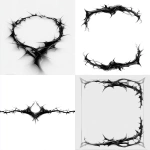

](https://images.ai-img.art/thumbnails/150/03de477e462377e62b34fea23ab1cbf6d4557f4077cc8bed9f23388af1200721.webp)

](https://images.ai-img.art/thumbnails/150/cc8f7b8338e849e1e11a902ac51eda96c8f710e5d829c5b4d57b56fa05d28e95.webp)

](https://images.ai-img.art/thumbnails/150/78a1311461ccc4b60dd1430d56ee04b3b5612a3145aef0a32196168d5489fdf3.webp)
](https://images.ai-img.art/thumbnails/150/8884a7a8953b23d6c882f33524c10e09d320bbce4f305f2c7e79c402d82c1760.webp)

](https://images.ai-img.art/thumbnails/150/9ad2f4d771346182f4c9b6d1712edfd0b6b776f37b75dac606a8e03b1bd2dc47.webp)


](https://images.ai-img.art/thumbnails/150/16ec42833d204af37c75cc776a794c54661cbfe1061c899680a4976a7f74cd51.webp)
](https://images.ai-img.art/thumbnails/150/f1cbba604c7411267acd95acaa4746a5ee006a25ade5e596a9501884b384e1dd.webp)


](https://images.ai-img.art/thumbnails/150/4d725f4d5380eb583bdebf0aad4c789acd6782398b4050f01f350a939dd4c2af.webp)


](https://images.ai-img.art/thumbnails/150/5b3fca49762c8c532ff70f250ca3b5900bac75be98d6c82f8f7a220465ad534a.webp)

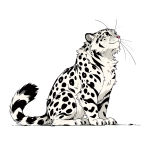
](https://images.ai-img.art/thumbnails/150/bbf691f1c69e4801062c68d0435463c5bf76258e3984fbe3cc25e9e46174cf88.webp)
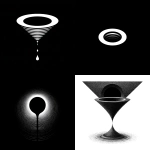

](https://images.ai-img.art/thumbnails/150/45d068cbdc39002eccc21e2169438a3c142426219fda8c9e027c536cdf66811e.webp)
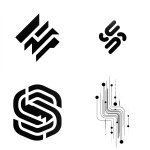
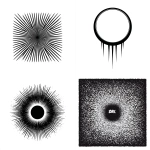



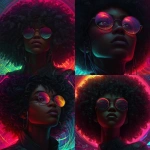


](https://images.ai-img.art/thumbnails/150/f9928aee79da6b2028ac7a7129ac30e6475a85d5300661776fde267c2da839ab.webp)

](https://images.ai-img.art/thumbnails/150/89d86a1c20e8844b6d4ce23cf0e6ae10c19923617b6be16cac5d3cc513bf9c4e.webp)
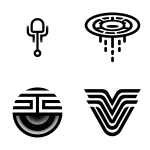
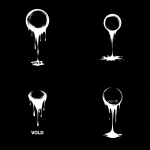




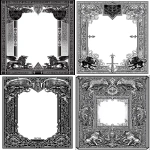

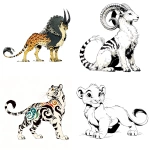
](https://images.ai-img.art/thumbnails/150/c04f7210bb9d35279503ff64ad44a9826d6909838f777fb1edd0fdece2ac7c70.webp)

](https://images.ai-img.art/thumbnails/150/55e9c8ac48f7ca1311ec4a843e2616aa87c73e2217901ac138d198afb0b4f1db.webp)
